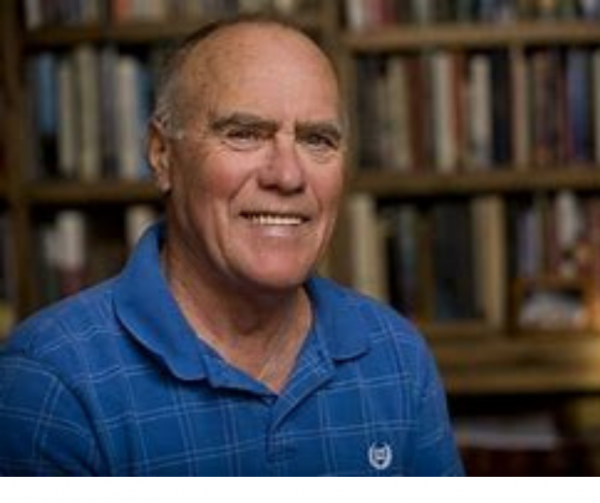Roger Barbee, “Say their names. Two workers caught in something so much larger than themselves, but we can at least say their names.”
Boguslaw Wos, the 62-year-old foreman of a grain warehouse, and Bogdan Ciupek, a 60 year-old tractor driver, were killed November 15, 2022 by a wayward rocket as a result of the Russian invasion of Ukraine. The two men were working in a field near the Polish village of Przewodo, about 4 miles from the Ukrainian border, when suddenly killed.
The painting Landscape with the Fall of Icarus (c. 1555) is an oil painting attributed to Pieter Bruegel the Elder. In it the Greek mythological figure, Icarus, plunges into the sea in the lower right-hand corner because he disobeyed his father’s warning. In the myth, Icarus and his father Daedalus, were prisoners on an island. Daedalus devised wings of feathers and wax for his son and him to escape the tower in which they were held. He warned Icarus not to fly too high because the sun’s heat would melt the wax of his wings. They took off from the tower and escaped the island. Icarus, feeling the exhilaration from flying, forgot about his father’s warning. He flew too high and so close to the sun that the wax began to melt, and the wings fell apart, causing him to plummet into the sea and drown.
The painting shows a farmer in the foreground plowing his field, a sack of seeds rest next to a rock ready for scattering when the plowing is done, ships sail on the sea, a shepherd gazes skyward as he guards his flock, life goes on as the flailing legs of a young boy, in the corner, mark his death.
The first news that I read about the wayward rocket mentioned only that two Polish farmers were killed while in a field. No names or village were mentioned. Just two Polish farmers. A bit of looking and I found the information that I wanted–the names of the dead. I read their names and studied the accompanying photograph that showed: A rather large, blackened crater; a red tractor; an overturned farm wagon with inflatable tires; and wooden debris filling the hole. The spot of their death held less details than Landscape with the Fall of Icarus but what happened to Wos and Ciupek was much worse than the fate of the mythical Icarus. His ego caused his death, but as far as I have read, Wos and Ciupek were just going about their business, working in a field for their employer most likely. But both were visited by death.
In the painting, Icarus falls, and no one notices, but the world almost instantly knew that two people in Poland were killed. But the larger implications of a rocket landing in NATO Poland carried the news. But what we will never learn is the why of this random act-why did this wayward shell fall exactly where two men were working in a large field.
One story is a myth telling the plight of a foolish youth; the other is a story of war and its horrors for countries and their people. Yet, if we can know and remember the name of the vain Greek youth, we can at least work to remember the names of such victims.
Say their names. Two workers caught in something so much larger than themselves, but we can at least say their names. If we cannot correctly pronounce these names, we can write them, and even if we mangle them in speaking we do more honor to the memory of those two Polish farmers than if we contort them by willful anonymity. The Unknown Soldier had no name because we could not determine who he was, but we honor him by the moniker, Unknown Soldier, granting him and all like him an identity.
Casualties of war, whether fighters or bystanders, deserve to have their names recorded whenever we can do so. Boguslaw Wos and Bogdan Ciuipek deserve as much. Say their names:
Bo-goose-waav Woosh; Boge-dan Ch-wee-pek.
Roger Barbee

